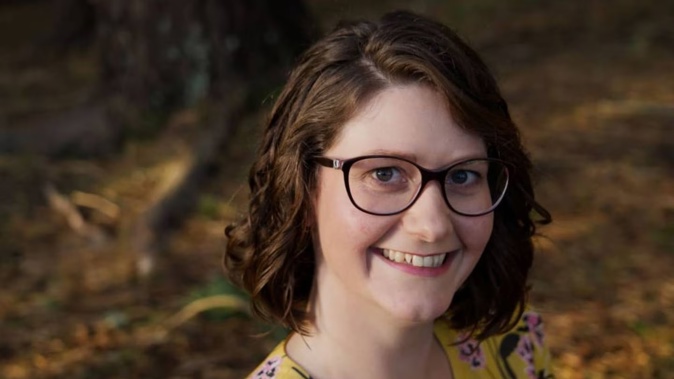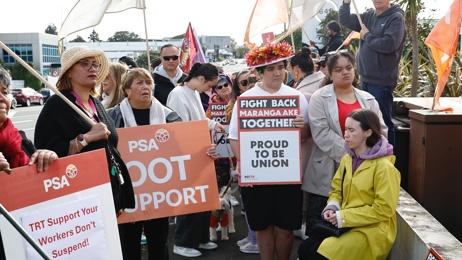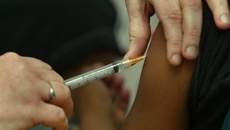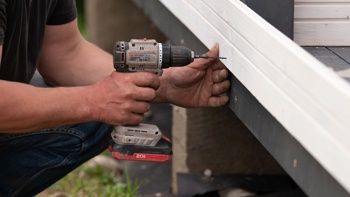
By Charlie Dreaver of RNZ
Caitlin Dunstan-Harrison’s decision not to have children created yet another barrier for her regarding receiving life-changing surgery for her endometriosis.
Caitlin was sick.
She was suffering from nausea, digestive issues, pain and dizziness during her period. She tried a change of diet, birth control medications and an ultrasound.
Finally, one more ultrasound picked up a ruptured cyst. It was most likely endometriosis, she was told.
The next step was surgery, to confirm the diagnosis and to remove as much of the problem as possible. But when she met with a gynaecologist, there was an unexpected issue.
Caitlin disclosed her decision not to have children. The doctor told her that as a result, surgery for her could wait and she should try the Mirena (a hormonal birth control device) for a year to alleviate her symptoms.
“Not being given the option of surgery just primarily because I didn’t want kids, it felt like I was being reduced down to that one function,” Caitlin says.
“It kind of felt like I was being treated like a uterus and the rest of me didn’t really matter.”
Caitlin is sharing her story as part of an RNZ In Depth series, The Deadline, which aims to speak clearly about the realities of endometriosis, especially the impact on planning for parenthood.
Dr Michael Wynn-Williams. Photo / RNZ / Marika Khabazi
Advice to have children not uncommon
The same doctor who told Caitlin surgery was not an immediate priority for her also said she could try for children anyway, to help with symptoms.
The notion that becoming pregnant is a way to treat or cure endometriosis is widely-held, according to Endometriosis Clinical Advisory Committee chairman Dr Michael Wynn-Williams.
“We know from research done in Australia that many women get told: ‘You’ve got endometriosis, you need to get pregnant, and you need to get pregnant right away.’
“That’s often by family members, but also, unfortunately, by health practitioners.”
The claim traces back to a paper published in a journal in the early 20th century that noted one woman’s endometrioma (a blood-filled cyst) disappeared after pregnancy. But pregnancy is by no means a cure, Dr Wynn-Williams says.
“Getting pregnant removes the estrogen and stimulation of endometriosis, so often this improves pain, so symptoms will improve during pregnancy, but not long-term.”
While some women do notice their pain disappears after giving birth, that’s not the case for everyone.
Seeking a second opinion
On average, people with endometriosis will have to visit a doctor five times and experience an eight-year wait between the onset of symptoms and diagnosis.
After the doctor steered her away from surgery, Caitlin spoke to family and other endometriosis sufferers through an Endometriosis New Zealand-run Facebook group. She was recommended a surgeon in Christchurch.
Within a couple of months, she received surgery. It revealed extensive stage four endometriosis, including on her bladder. Her bowel had become stuck to her pelvic wall and she had endometriomas on one of her ovaries.
“The surgeon said the only place in my pelvis where there wasn’t endo was on my fallopian tubes.”
Like many women, a conclusive diagnosis provided a sense of validation for Caitlin. She’d known something was wrong.
The surgery, alongside pelvic floor Botox and nerve blockers, allowed her to do pelvic floor physiotherapy.
“It is not something I could do beforehand, it was just far too painful, so that again has helped a whole lot.
“He [the surgeon] didn’t just treat my endo, he treated me like a person.”
Caitlin says she was lucky that she had health insurance that allowed her to get the surgery privately.
“It would have been a very expensive week if I hadn’t had that health insurance.”
She did still have to fly to Christchurch and take annual leave because she had exhausted her sick leave.
“Even just giving women period leave would alleviate so much stress for so many people, regarding having to take time off once a month because you feel unwell and then having to take [annual] leave because you need to have surgery.”
She hopes the health system can become more equitable for women in the future. But until then, Caitlin wants to encourage others to be open about their periods, so that other women know when their symptoms are not normal.
“So many people I have spoken to have said, ‘That sounds like what I’ve got’, or they never even thought that their period wasn’t normal.”
It’s because they have been told by everyone from doctors to parents that their pain is normal, she says.
“It’s just this cycle of people thinking there’s nothing wrong when they should be getting help.”
- RNZ
Take your Radio, Podcasts and Music with you

/cloudfront-ap-southeast-2.images.arcpublishing.com/nzme/NX6GQUO7I5CVXBMK2TPC3OR3JE.JPG)








